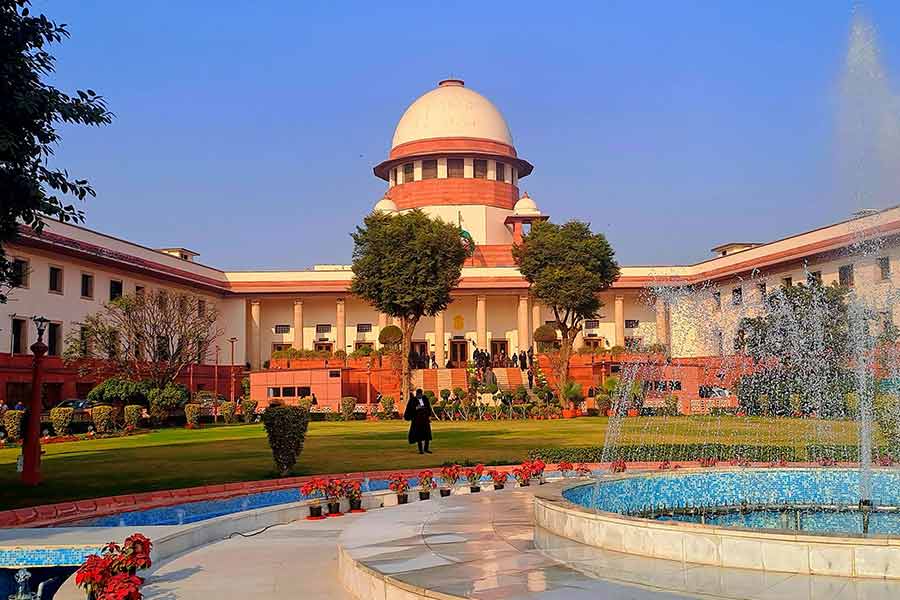The Waqf (Amendment) Act, 2025 had aroused objections that it was unconstitutional and impinged on the religious rights of the minority community. In response to petitions from the community, the Supreme Court declared an interim stay on some of the more problematic provisions of the law. The direction of the stay would help protect the rights of the minority community. The court did not stay the Act itself, and also upheld the provision regarding the registration of waqf properties. But no party to the dispute is prevented from making submissions questioning the validity of any provision. What is most important is that the stay on two provisions and a partial stay on another retrieve some of the powers that the government was perceived to have been arrogating to itself. The amendment Act had said that anyone making a waqf endowment would have to prove that he had been practising Islam for five years. The Supreme Court stayed this provision until the state government formulated a mechanism to determine whether a person had been practising Islam for five years. The community, however, is claiming that there is no such condition governing endowments in other religions. But the Supreme Court has effectively stayed the stringency regarding waqf endowments.
The apex court also stayed the provision that government officials could declare a property non-waqf. This is significant: only a tribunal or a high court could decide on the ownership of the property, otherwise it would go against the separation of powers, executive and judicial. Such a stay should put to rest the minority community’s fears about the government’s claims on waqf properties. The court also limited the number of non-Muslims in the Central Waqf Council and on the State Waqf Boards — four among 22 members in the former and three among 11 on the latter. That would prevent the entry of a large number of non-Muslims to the Council and Boards as was being feared. An effort should be made to ensure that the chief executive officers of the SWB’s are from the minority community, even though there is no stay on non-Muslims being given that post. The Supreme Court’s interim stay on certain provisions has been an important intervention and has left space for a further exploration of the law’s problems if needed.











